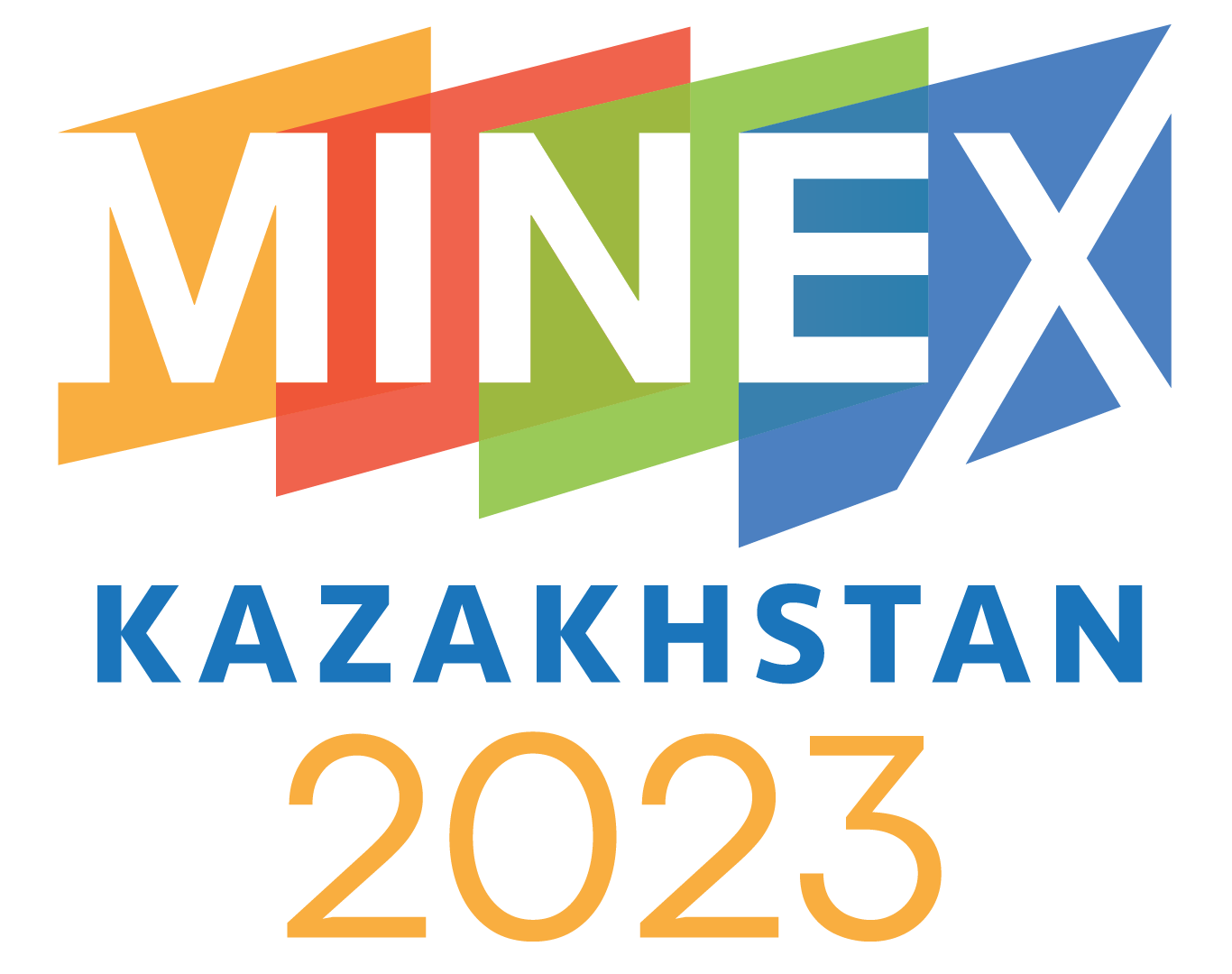Kazakhstan and Central Asia’s economic outlook in the new geopolitical context

Despite a significant increase in inflation, Kazakhstan has managed to increase its international reserves, according to Eric Livni, a leading regional economist at the EBRD. Uzbekistan leads Central Asian countries in terms of reserves, with enough to cover 16 months of imports, while Kazakhstan has enough to cover more than 10 months. Kazakhstan’s reserves increased by 3% last year. The country has also reduced its public debt due to GDP growth.
Livni mentioned that although inflation in Kazakhstan remains high, it has slowed down in recent months. He also highlighted the growth of exports to Russia from Central Asian countries, such as Kyrgyzstan, Uzbekistan, and Kazakhstan. The World Bank predicts that inflation in Kazakhstan will remain above the target range of 4-6% in 2023 but will return to this range the following year.
Kazakhstan is heavily dependent on Russia’s economic infrastructure, and the potential escalation of sanctions against Russia could lead to supply chain disruptions. This situation may prevent Kazakh entrepreneurs from doing business, and Western investors may fear that domestic companies will circumvent sanctions.



